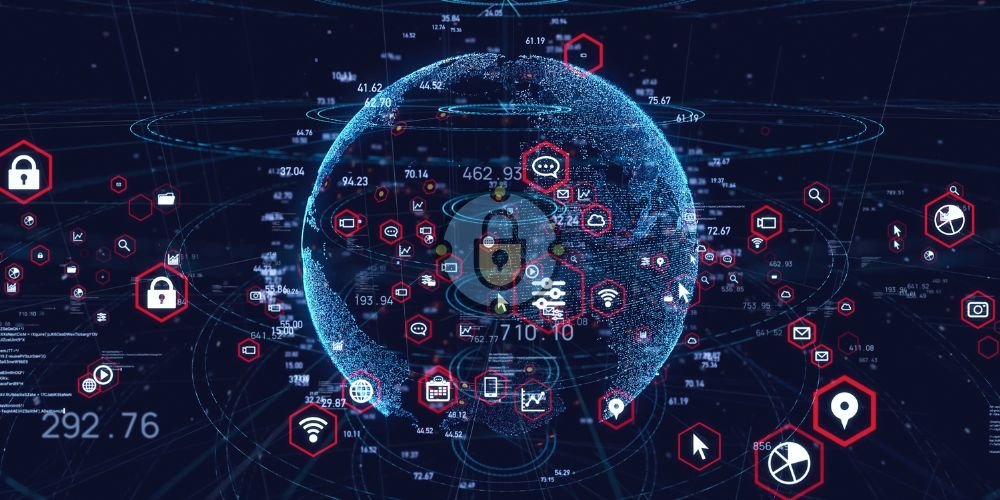Organizations are increasingly turning to innovative solutions to fortify their cybersecurity defenses in an era defined by digital interconnectedness and escalating cyber threats. Security as a Service (SECaaS) emerges as a dynamic and adaptive approach, offering a comprehensive suite of cybersecurity services through the cloud. As the digital landscape continues to evolve, SECaaS stands as a sentinel, providing real-time protection, threat intelligence, and proactive defense mechanisms against the ever-expanding array of cyber risks.
At its core, Security as a Service represents a paradigm shift in how organizations approach cybersecurity. Instead of relying solely on traditional, on-premises security solutions, Security as a Service harnesses the power of the cloud to deliver a range of security services as a subscription-based model. These services include, but are not limited to, firewall and intrusion detection/prevention systems, antivirus and antimalware solutions, identity and access management, encryption, and advanced threat analytics.
SECaaS empowers organizations by offering scalability. It allows them to customize their cybersecurity solutions to fit the size and complexity of their operations, paying for the services they need and adjusting as their requirements change. This flexibility is particularly advantageous for businesses of all sizes, enabling them to allocate resources effectively and concentrate on their core competencies while entrusting the complexities of cybersecurity to specialized service providers.
Real-time threat detection and response are pivotal components of Security as a Service. Advanced security analytics and artificial intelligence algorithms analyze vast datasets to identify patterns indicative of potential threats. By leveraging the power of the cloud, SECaaS providers can aggregate and analyze threat intelligence from a wide range of sources, allowing organizations to benefit from a collective defense approach against emerging cyber threats.
Identity and access management (IAM) are critical facets of SECaaS. As IT environments become increasingly complex and remote work becomes more prevalent, ensuring secure and seamless access to resources is paramount. Security as a Service offers IAM solutions that enable organizations to manage user identities, control access privileges, and implement multifactor authentication, mitigating the risk of unauthorized access and data breaches.
The transition to SECaaS also addresses the evolving nature of cyber threats. As cybercriminal tactics become more sophisticated, traditional, static security measures may struggle to keep pace. SECaaS providers, with their focus on continuous improvement and adaptation, can deploy updates and patches in real time, providing a proactive defense against emerging threats.
Despite its many advantages, organizations must consider factors such as data privacy, regulatory compliance, and the potential dependence on external service providers when adopting SECaaS. A comprehensive risk assessment and thorough due diligence are essential steps in ensuring a seamless integration of SECaaS into an organization’s cybersecurity strategy, providing a sense of Security during the adoption process.
Security as a Service Market
The approximate decision of the Techgolly market research team is that the global Security as a Service market size was valued at least USD 20 billion in 2023 and is projected to reach up to USD 56 billion by 2030. The growth is expected to continue at a compound annual growth rate (CAGR) of 14% to 16% from 2023 to 2030.
Conclusion
Security as a Service emerges as a crucial and dynamic approach to cybersecurity in the digital age. Its integration of advanced technologies enhances cybersecurity and empowers organizations to adopt an agile and proactive stance against the constantly evolving landscape of cyber threats. SECaaS is a vital partner in protecting organizations against the complexities and challenges of the modern cybersecurity landscape as the digital frontier continues to expand.





